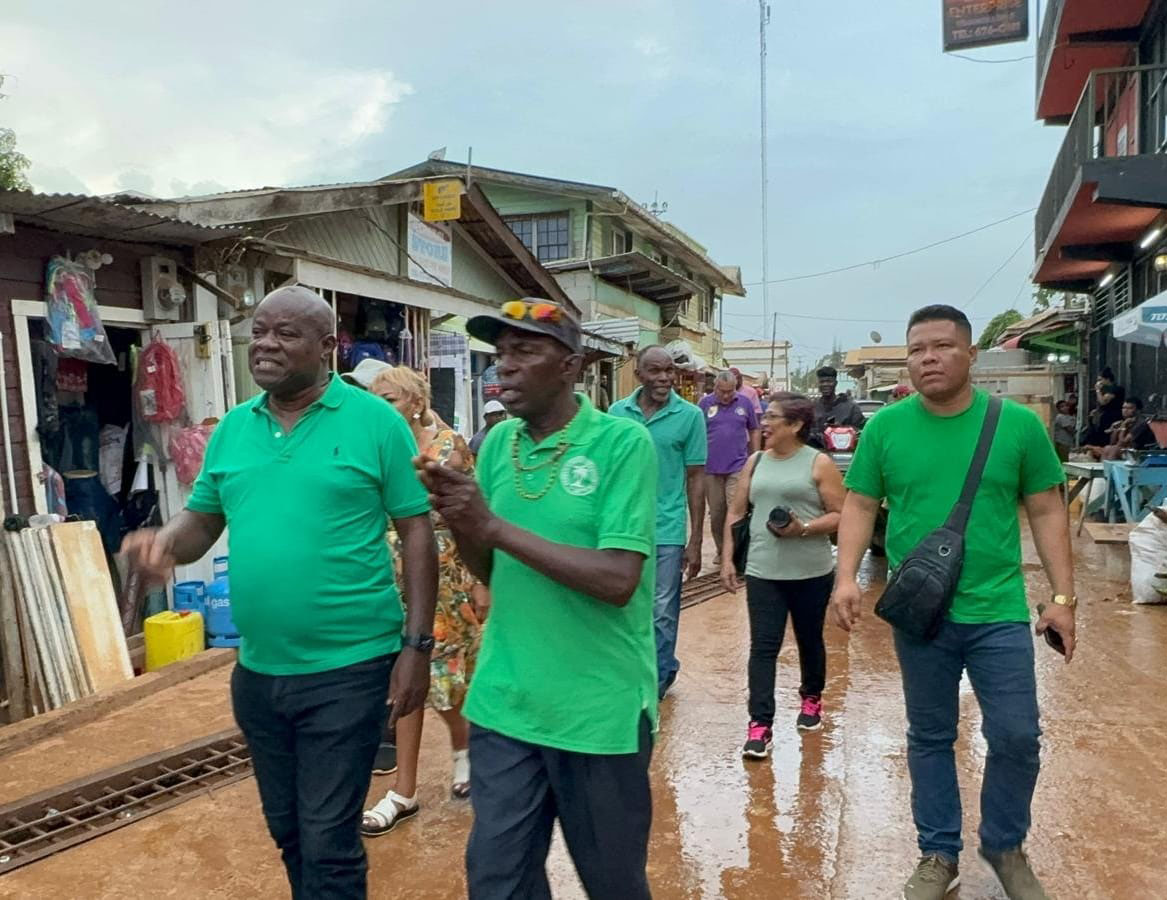Several residents of Mabaruma in Region One Barima-Waini) complained about deplorable public infrastructure during an APNU outreach to the area yesterday.
During the meeting, which was live streamed, one resident lamented that the community road in Mabaruma Settlement, which was recently built under the current government, was “breaking away”.
The resident alleged, “this road is breaking up all because they are giving contracts to people with no experience, and it is happening in several communities along the Barima-Waini region, the building of schools, community centres, most of these facilities are falling apart.”
The opposition was also apprised of the inaccessibility to water resources in the community by several residents.
APNU Member of Parliament Ronald Cox expressed disappointment at the fact that many residents to date are still lamenting non-access to potable water. He asked what the government was doing to address the situation.
On February 19, this newspaper reported that over one thousand residents of Mabaruma were expected to benefit from a new $35 million well that at that point had already been drilled to a depth of 105 metres, according to a Ministry of Housing and Water press release. The well was scheduled to be completed last month. It is not known whether this has occurred.
Other issues such as lack of job opportunities and non-access to measures which will stimulate economic growth in the administrative region were raised. Cox and Central Executive Member of the PNCR Mervyn Williams accused the current regime of victimising the community since it is perceived to be pro-coalition.
They contended that if the government genuinely believes in equality and cohesion it would provide opportunities to all residents in all ten administrative regions irrespective of their political affiliations or alliances.
Williams argued that several parts of the region were far more developed than others, which should not be the case.
Meanwhile, Leader of the Opposition Aubrey Norton, who was the final speaker at the outreach, directed his attention to the “selection” of Toshaos in the region, especially in Mabaruma.
He said that when residents were debarred from independently selecting a village representative who was impartial and would prioritise the needs of the community, but were instead faced with someone required to act based on the directives of the government, the village or community could never progress.
Norton referenced his party’s people-centred development strategy, which he said would be utilised fully once APNU was elected to government in 2025.
He was adamant that the ruling PPP/C was distributing Guyana’s resources in an “unfair way”, to the extent that the elites were benefitting while ordinary citizens continued to suffer.
Norton reasoned that nepotism and factionalism, which exist locally, must be uprooted to foster a diversified society for all.




